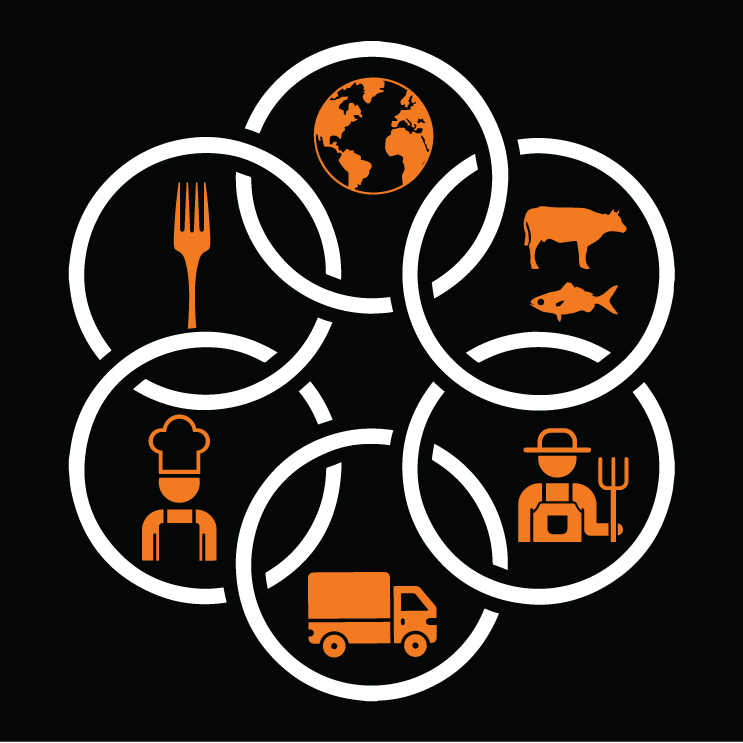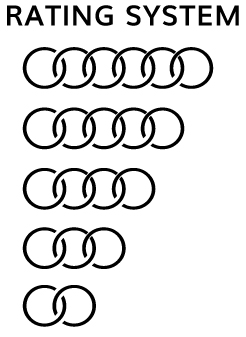FAQs
Important Dates
2021 Survey Opens: February 5th
DEADLINE EXTENDED: April 15, 2021
2021 Good Food 100 Restaurants™ List and Industry Impact Report Published: Spring 2021
Who is eligible?
All restaurants and food service businesses –fast-casual, casual dining, fine dining, food trucks, meal delivery, catering, food service (colleges/universities, hospitals, schools, sports arenas, etc.)– are eligible to apply.
When is the deadline?
March 31, 2021
How much does it cost?
There is NO COST to participate in the 2020 Good Food 100 Restaurants™.
There may be a nominal fee to apply in subsequent years in order to help underwrite the cost of the industry impact report analysis conducted by the Business Research Division Leeds School of Business, University of Colorado Boulder, an annual study aimed at measuring how restaurants are helping to build a better food system.
What do I get for participating?
We're proud to offer chefs and restaurants a badge of honor for not just how good their food tastes, but how good it is for every link of the food chain. Every business that submits a completed survey will receive the following in recognition for your participation:
- Listed as a participant in the 2021 Good Food 100 Restaurants™ Industry Impact Report
- PDF copy of 2021 Good Food 100 Restaurants™ Industry Impact Report
- 2021 Good Food 100 Restaurants™ Digital badge for social media, website, menu, and marketing communications
How does the Good Food 100 Restaurants™ define 'good food'?
Good food is good for every link in the food chain


Good food is about more than just taste. Good food is good for every link in the food chain: the environment; plants and animals; farmers, ranchers, and fishermen; purveyors; restaurants, and eaters. Minimum threshold guidelines for self-reporting good food purchases for each of the six (6) food categories being tracked are provided below.
Bread, Flour, Legumes, and Grains: Produced using Certified Organic, regenerative, and/or sustainable agricultural practices
Dairy and Eggs: Raised without the use of sub-therapeutic antibiotics or added hormones, no cages or confinement
Fish and Seafood: Wild and sustainably farmed fish and seafood. This includes fish & seafood on Monterrey Bay Aquarium Seafood Watch's 'Green' and 'Yellow' lists.
Meat and Poultry: Raised without the use of sub-therapeutic antibiotics or added hormones, no cages or confinement
Fruits and Vegetables: Certified Organic, regenerative, and/or sustainable agricultural practices
All Other (e.g., oils, condiments, etc.): Produced using Certified Organic, regenerative, and/or sustainable agricultural practices


6 Links - The highest percentage of good food purchases vs. total food purchases
5 Links - 2nd highest percentage of good food purchases vs. total food purchases
4 Links - 3rd highest percentage of good food purchases vs. total food purchases
3 Links - 4th highest percentage of good food purchases vs. total food purchases
2 Links - Lowest perecentage of good food purchases vs. total food purchases
2021 Participant - Zero good food purchases. Any business that completes a valid application will be recognized for being transparent with their business and purchasing practices and contributing individual business data to industry impact report.
When are the Good Food 100 Restaurants™ List and Industry Impact Report announced?
The 2021 Good Food 100 Restaurants™ List and Industry Impact Report will be announced in Spring 2021.
Is data and information submitted with my application confidential?
Individual business data is CONFIDENTIAL. We will NEVER publish or sell individual business data.
